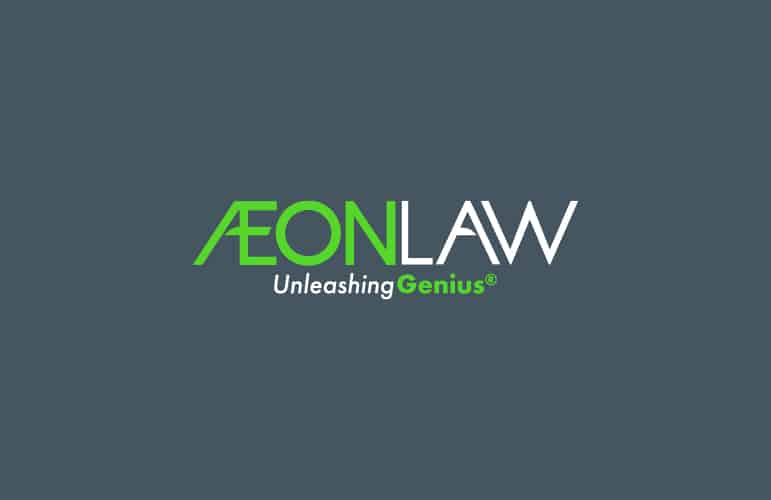Apple has asked a US bankruptcy court to prevent Eastman Kodak from obtaining loans using patents that allegedly belong to Apple as collateral.
Kodak, founded in 1880, filed for Chapter 11 bankruptcy protection in January, 2012. The company’s known for iconic film brands like Kodachrome, which it stopped producing in 2009. Kodachrome was favored by many professional photographers during its 74-year history and was immortalized in song by Paul Simon.
Citigroup is providing Kodak with almost a billion dollars in financing to allow it to keep operating normally during the bankruptcy. The loan is secured by all of Kodak’s assets, including its intellectual property. Kodak is also raising cash by licensing over 1,000 patents related to digital imaging.
The company has struggled in recent years to adapt to the advent of digital photography. Apple’s bankruptcy court claims involve what is believed to be the first digital camera: the QuickTake 100, which Apple sold for $749 in 1994. Time magazine ranked it among its “100 greatest and most influential gadgets from 1923 to the present.”
Apple partnered with Kodak to create the camera, which was manufactured by Chinon in Japan. Apple built a series of digital cameras in conjunction with Fuji until 1997, when Steve Jobs returned to the company and discontinued the product line.
Apple claims that “through this collaboration, Apple disclosed the architecture for its confidential digital camera technology to Kodak subject to various non-disclosure agreements, which also provided that any improvements Kodak made to Apple’s disclosures remain the property of Apple.”
Apple says that it discovered in early 2010 that Kodak had misappropriated this Apple technology and patented it. Apple sued Kodak over one of these patents in August 2010.
Apple says that it believes Kodak has earned $3 billion in licensing revenues from the disputed patent, and has sought “all or a substantial portion of” these revenues.


